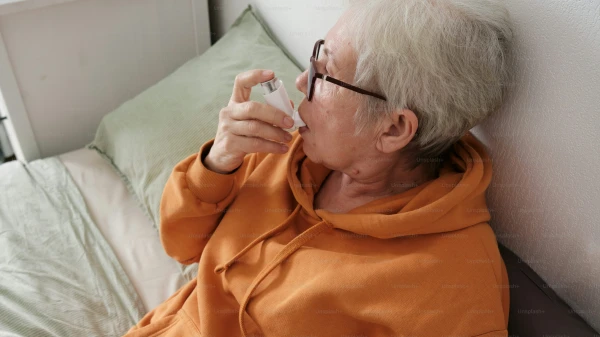
Red wine is traditionally associated with coziness, romance, and enjoying flavor. However, behind the cultural image of the drink lies a real scientific interest — does it actually benefit the body, or is it a myth?
Health Benefits
Red wine contains polyphenols — natural antioxidants that protect cells from damage by free radicals. Among them, flavonoids (catechins, quercetin, anthocyanins) and resveratrol, which is often referred to as the "heart protector."
However, resveratrol from wine is poorly absorbed by the body — its amount in a glass is too small to have a significant effect. Therefore, it is not worth expecting substantial benefits from wine alone.
The polyphenols present in the drink can still help:
- prevent lipid oxidation,
- reduce inflammation,
- protect blood vessels from damage.
What Research Says
Scientists have not reached a consensus. Some studies link moderate consumption of red wine with a lower risk of cardiovascular diseases, while others do not confirm these findings.
Researchers emphasize that it is not the drink itself that matters, but the lifestyle. People who consume wine in moderation often pay attention to their diet, engage in sports, and are less prone to stress — these factors may provide a positive effect.
How to Drink if You Choose Wine
If you do not consume alcohol — it is not worth starting for health benefits. All beneficial substances can be obtained from berries, grapes, tea, or coffee.
For those who still enjoy wine, nutritionists recommend:
- choosing dry red wines — they contain more polyphenols and less sugar;
- practicing moderation: up to 140 ml per day for women and up to 280 ml for men (with an alcohol content of about 12%);
- drinking only with meals — especially in combination with vegetables, fish, whole grains, and plant-based products;
- not "compensating" for missed days with double doses.
Conclusion
Red wine can provide certain benefits — but only with rare and moderate consumption. In large quantities, it harms the body, just like any other alcohol.
The most sensible approach is to obtain antioxidants from plant foods and to view a glass of wine not as a "medicine," but as an element of pleasure and culture.
Source: kleo.ru













